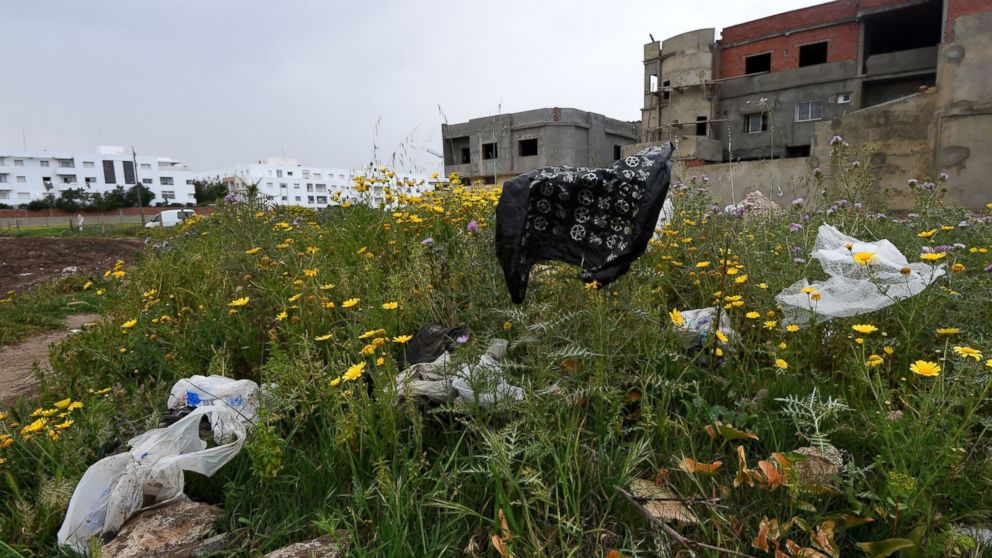UK Gov. Finds Massive Decrease in Plastic Bag Use After Charging
The study has many wondering if the same will be true for the U.S.

— -- After the U.K. started charging 5 pence (about 7 U.S. cents) for plastic bags, most customers decided the convenience of a one-time-use shopping sack was not worth the cost, according to the U.K. government.
About 6 billion fewer plastic bags will be used this year in the U.K., a decline of more than 80 percent, since the government imposed a charge for single-use bags. The money collected by the fee (around $38 million) will go toward charities and community groups, according to the U.K. government.
Moreover, the decision to charge consumers a fee also has environmental benefits. Around 8 million metric tonnes of plastic trash ends up in the oceans every year, government officials said in a statement over the weekend announcing the study.
"Taking six billion plastic bags out of circulation is fantastic news for all of us – it will mean our precious marine life is safer, our communities are cleaner and future generations won’t be saddled with mountains of plastic sat taking hundreds of years to breakdown in landfill sites," Environment Minister Thérèse Coffey said in a statement.
The recent study out of the U.K. has many wondering how a plastic bag tax will fare in the U.S., where it has faced considerable resistance.
In California, a state-wide ban on single-use plastic bags was set to take effect in July 2015, but it was put on hold pending a referendum to overturn the ban. Voters will decide on the issue in a referendum this November, according to the California Secretary of State Alex Padilla.
The New York City Council voted to recommend a 5 cent fee for plastic bags this May, which is set to take effect on Oct. 1, although as of June 6 the bill remained unsigned by Mayor Bill de Blasio.
Other places across the U.S. have implemented plastic bag bans or taxes, including Los Angeles, San Francisco, Chicago, Seattle, Austin and the all counties within Hawaii, according to The Associated Press.




